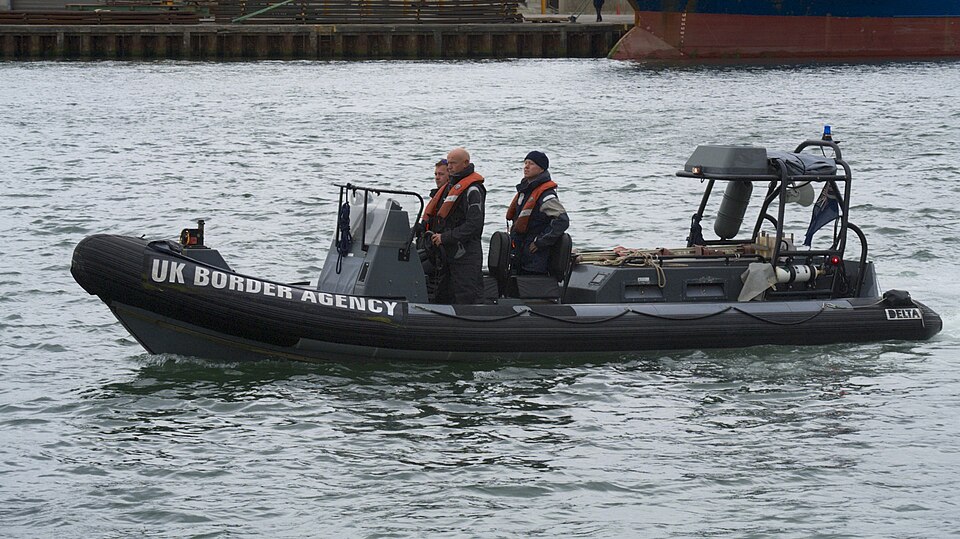
Border Force officers – the people on the front line of Britain’s migrant crisis – are threatening to go on strike, creating yet another headache for Prime Minister Sir Keir Starmer as he battles to
get control of small boat crossings in the Channel.
Members of the Public and Commercial Services Union (PCS), which represents thousands of Border Force staff, will soon vote on whether to take industrial action. These officers are responsible for patrolling the Channel and spotting vessels linked to people smuggling or carrying migrants.
PCS general secretary Fran Heathcote accused the government of dragging its feet, saying staff had been waiting six years for their concerns to be addressed.
“It is a disgrace that our members have been waiting so long,” she said. “Although it’s shameful that it takes the threat of a strike to make managers listen, our members will not put up with this any longer.”
The timing could hardly be worse for Starmer. Just today, around 400 people made the perilous journey across the Channel in five small boats before being intercepted and taken to Dover. People smugglers were quick to seize a break in the wet weather, which had largely halted crossings for the past week.
Photos from the scene showed small children staring from the windows of transport vehicles after being brought ashore. Marine trackers indicated that multiple UK search and rescue vessels were still active in the Channel as crossings continued.
Meanwhile, the government pressed ahead with its new “one in, one out” deal with France. Under the agreement, migrants arriving illegally in Britain are returned to France, while the UK accepts the same number of asylum seekers directly from across the Channel.
On Friday, three men were removed under the scheme – an Iranian, an Eritrean who had just lost a High Court appeal, and an Indian national. Home Office sources say the first flights bringing asylum seekers from France to Britain are expected to begin next week.
Deputy Prime Minister David Lammy hailed the deal as an “immediate deterrent,” insisting it shows Britain is serious about breaking the business model of people-smuggling gangs.
“This pilot with France is a milestone,” Lammy said. “It sends a clear message: if you try to come across illegally, you will be sent back. Our goal is to expand this over the coming months and years.”
The government says it plans to ramp up removals under the pilot, with ministers calling it a crucial part of efforts to “smash the gangs” and reduce Channel crossings.
But with Border Force staff now threatening walkouts, Starmer faces the possibility of his frontline enforcement being weakened just as he tries to prove he can deliver on one of his key promises – stopping the boats. Photo by Ian Kirk from Broadstone, Dorset, UK, Wikimedia commons.




































